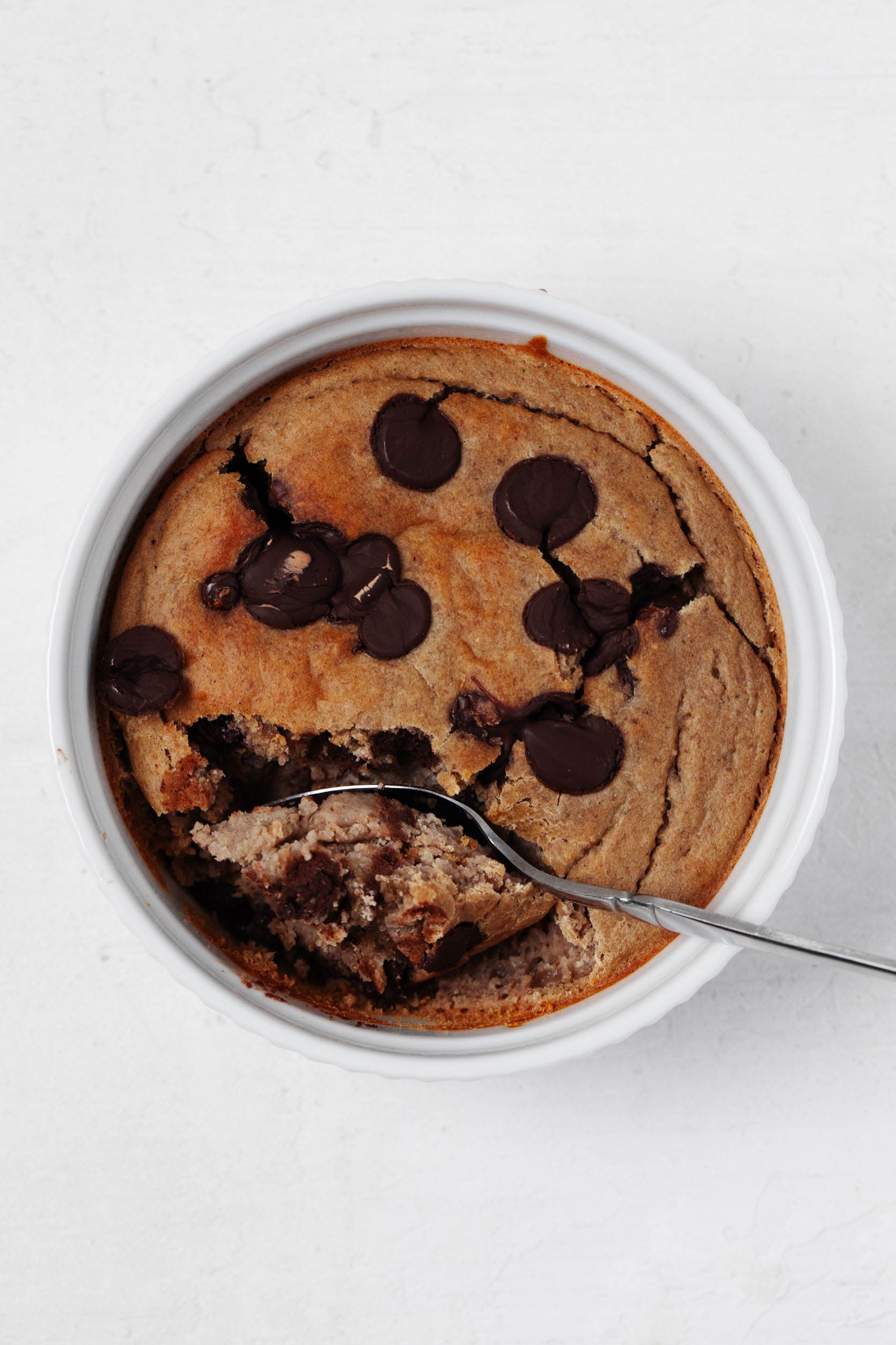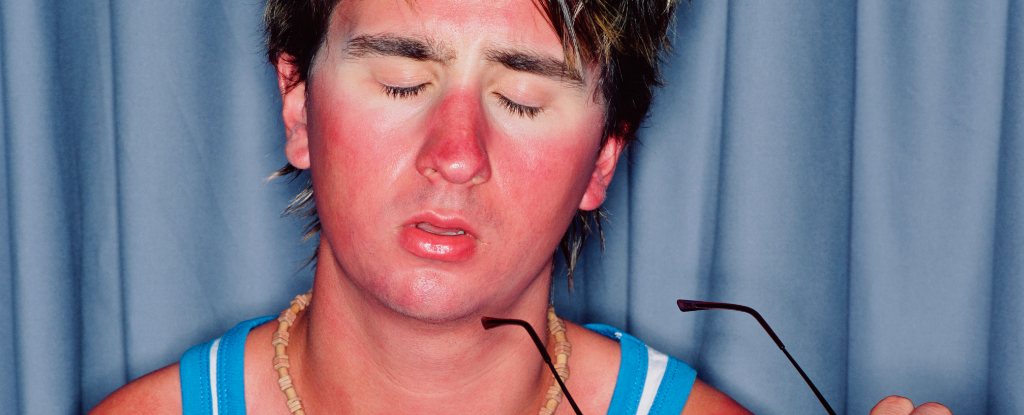Lack of Sleep Has a New, Unexpected Effect on Mental Health
A new study found that poor sleep can cause you to experience difficult memories more often.

Find yourself replaying an embarrassing moment in high school that you thought you had long forgotten? Plagued by stressful episodes from the past? Maybe you’re not getting enough rest. A new study found that poor sleep can cause you to experience difficult memories more often. Why? Well, the part of your brain that keeps bad memories at bay does not function as well without a good night’s rest. That means you might be groggy and more emotional the following morning. Oof, sleep matters.
Researchers are discovering new ways in which a lack of sleep impacts our mental health. Ahead, learn more about this new study and how to ensure you get a good night’s snooze.
What did the study find?
In a recent study published in the Proceedings of the National Academy of Sciences, researchers tested the memory recall of 87 young adults aged 18-30 after a good night’s sleep or a night of sleep deprivation. They were then asked not to recall a negative memory, an activity the researchers call “No-Think.” (I believe the Ghostbusters already tested what happens when you try not to think about something, and that’s how they ended up with the Stay-Puffed Marshmallow Man, but I digress.)
Anyway, while the participants were “not thinking,” researchers performed an MRI scan that showed activity in the part of the prefrontal cortex of the brain responsible for suppressing memory. The scans showed that the participants who had been deprived of sleep had less activity in that area and were, therefore, having more trouble censoring emotionally negative memories. The researchers went on to conclude that sleep deprivation may make it more likely for people to experience intrusive memories or regularly revisit bad memories, which in turn can cause poor mental health.
Sleep deprivation impacts us in various ways
There have been quite a few research studies on lack of sleep, like how it can increase the risk of heart attack and stroke, contribute to brain aging, and even make you feel drunk at work (not as fun as it sounds.) If you don’t get enough REM sleep, your brain has trouble maintaining all sorts of healthy functioning, including the ordinary task of curbing negative memories.
Unfortunately, this can become a vicious cycle, where poor sleep worsens mental health issues like depression and anxiety, and those issues, in turn, make it harder to sleep. Mental health has a “reciprocal relationship with sleep,” licensed trauma therapist Monica Amorosi, LMHC, CCTP, NCC previously told Well + Good about sleep deprivation. “Mental health challenges frequently disrupt sleep cycles and are worsened by disrupted sleep cycles.”
People who slept an average of six hours or fewer per night were about two and a half times more likely to have frequent mental distress, per the CDC, compared to participants who averaged more than six hours a night, according to a 2021 study using data from more than 200,000 people.
This doesn’t mean you have to resort to sleepmaxxing, the TikTok wellness trend spanning detailed pre-bed rituals and sleep accessories, but good sleep hygiene can certainly help keep away the Babadook.
Tips and tricks for better sleep
Make sure your bedroom is set up for sleep
It sounds obvious, but make sure your bedroom is dark, cool, and quiet, and try to store electronics elsewhere. Keep activities like studying, working, and eating outside your bedroom. “We want to strengthen the bed and bedroom to be a strong cue for your brain and body to sleep,” Haunani Iao, PsyD, MA, PsyD, a licensed clinical psychologist and the president and founder of Iao Mind Body Health previously told Well + Good.
Don’t nap after 3:00 pm
Although naps can boost your brain function, they can also make it hard to fall asleep or stay asleep, especially if you take a quick snooze after 3:00 pm, Dr. Iao said. Limiting your nap to 30 minutes can give you a boost without disrupting your nighttime routine.
Try cognitive shuffling
This method helps calm a busy brain before bed by refocusing the mind on thoughts conducive to falling asleep instead of stimulating ideas. To do it, think of a random word. Then take the first letter of that word, and think of as many other words as you can that start with that letter. For example, if you think of “tree,” start listing “T” words. Once you’ve exhausted that supply, move on to the next letter, “R,” and start listing “R” words. And so on. If you come to the end of the word, pick a new word and start again.
The actual words don’t matter; the point is to shuffle from one simple and non-emotional idea to the next to keep your mind off any stimulating thoughts. (This must be the idea behind counting sheep.) Check out all the details on cognitive shuffling to learn more, including other game methods.
Stick to a sleep schedule
It’s easier said than done, but if you go to bed and get up at the same time each day (yes, even on the weekend), you will get more restful sleep. “This will increase your sleep drive which helps you to fall asleep and stay asleep all the way until your wake time,” Dr. Iao said. She also advises that you expose yourself to sunlight soon after waking up since light is an important trigger that tells your body it’s time to be awake.
Don’t drink alcohol before bed
Avoid alcohol two hours before bed. Although it induces sleep at first, it causes you to wake up later, Dr. Iao told Well + Good. “Once the effects of alcohol are processed by your liver, your brain and body will awaken, and you will have difficulty falling back asleep,” she said. In addition, avoid caffeine and nicotine before bed, which can prevent you from entering deeper sleep.
Familiarize yourself with sleep-friendly foods
Some foods provide vitamins and minerals that support the nervous system’s ability to relax. If you want to improve your sleep quality through foods, be sure you are getting enough B complex vitamins, potassium, and magnesium—found in almonds, bananas, and peanut butter. Greek yogurt before bed can help soothe you with protein and probiotics. Cherries contain melatonin, and tart cherry juice (that’s low in sugar) can be a good alternative to melatonin tablets.
If you are sleep-deprived, it’s worth trying some new methods to get good ZZZs (and maybe even proposing a sleep divorce to your partner). Consider the impact of intrusive memories and the other ramifications that scientists continue to discover to be a permission slip to make sleep a priority.
What's Your Reaction?








































